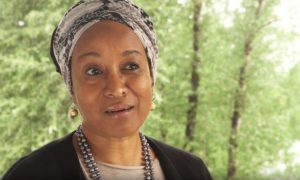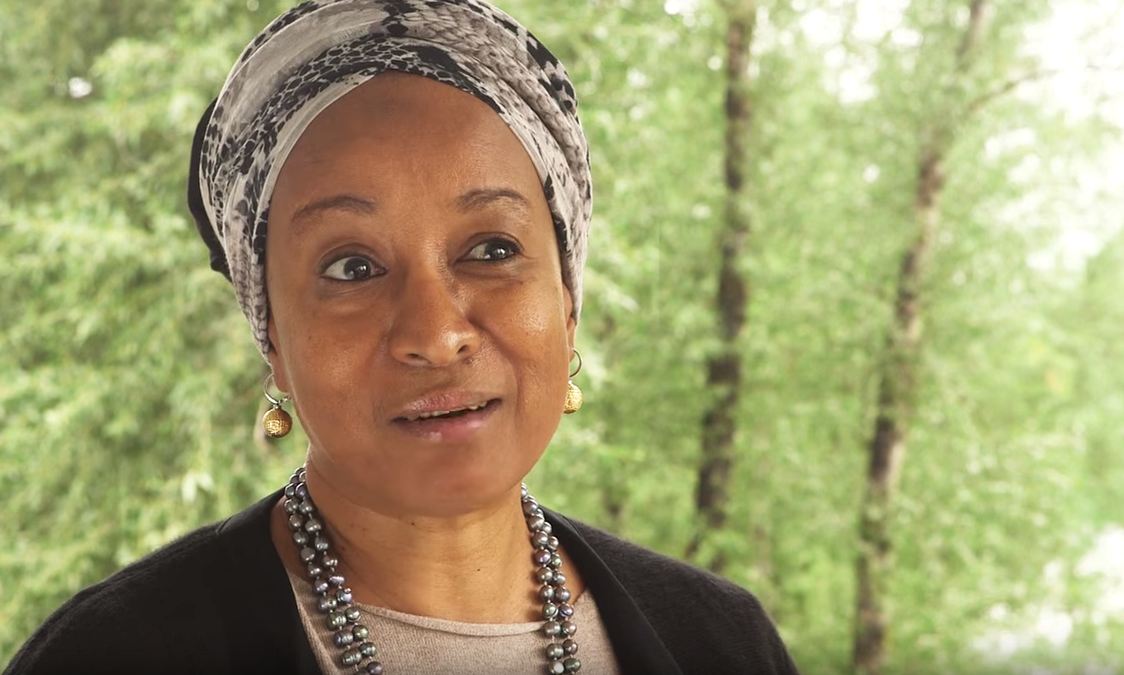
The Federal Government has announced plans to employ 500,000 youths this year, through the N-Power scheme of the Nigeria Social Investment Programme of the Federal Government, Special Adviser to the President on Federal Government Social Investments, Mrs Mariam Uwais, announced in Benin City, the Edo state capital, on Tuesday.
Speaking at a stakeholders sensitisation workshop of the Social Investment Programme, Mrs Uwais said: “We intend to employ five hundred thousand unemployed graduates in this first year. It is open to all unemployed Nigerian graduates between the ages of 18 and 35. All you need to do is to go on to the portal that has been opened, and it closes on the 31st of August, 2016. The portal is www.npower.gov.ng.”
This was just as Governor Adams Oshiomhole of Edo State lauded President Muhammadu Buhari for initiating the programme for the benefit of the less privileged in the country.
Governor Oshiomhole said: “Let me on behalf of the government and the great people of Edo State appreciate our president, President Muhammadu Buhari for making history in appropriating funds specifically directed at children of the poor in public schools by way of one meal a day for children from primary one to three, recognising that whereas many Nigerians are poor, some are much poorer than others, and that it is not their fault.”
“Government has responsibility to identify those ones, the poorest of the poor, not to shed crocodile tears for them or with them, but to boldly appropriate public funds structured in a way that will deliver some relief to these categories of our country men and women,” the governor said.
While announcing the plans of the Federal Government for Nigerians, Mrs Uwais said: “the government is concerned that despite the fact that we have so many people in Nigeria, fifty eight million of Nigerians are considered poor, and the inequality gap has increased. The gap between male and female, the poverty gap is very large. And there is a need now to ensure that resources are spread more evenly across the country, and so our social protection programmes are essentially ones that are aimed at bridging inequalities between the rich and the poor.”

